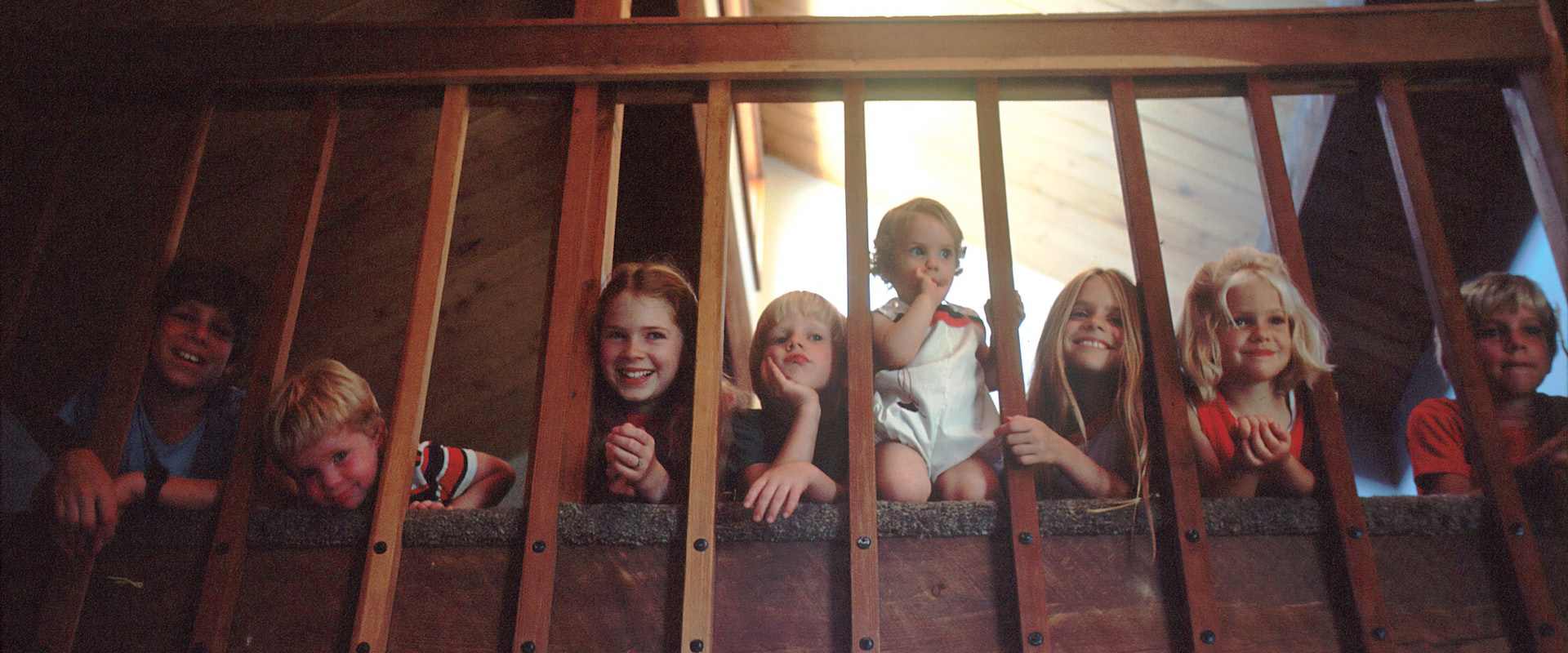Mental health is an important part of overall health for children as well as adults. For many adults who have mental disorders, symptoms were present—but often not recognized or addressed—in childhood and youth. For a young person with symptoms of a mental disorder, the earlier treatment is started, the more effective it can be. Early treatment can help prevent more severe, lasting problems as a child grows up.
It can be tough to tell if troubling behavior in a child is just part of growing up or a problem that should be discussed with a health professional. But if there are signs and symptoms that last weeks or months; and if these issues interfere with the child’s daily life, not only at home but at school and with friends, you should contact a health professional.
Your child or teen might need help if he or she:
- Often feels anxious or worried
- Has very frequent tantrums or is intensely irritable much of the time
- Has frequent stomachaches or headaches with no physical explanation
- Is in constant motion, can’t sit quietly for any length of time
- Has trouble sleeping, including frequent nightmares
- Loses interest in things he or she used to enjoy
- Avoids spending time with friends
- Has trouble doing well in school, or grades decline
- Fears gaining weight; exercises, diets obsessively
- Has low or no energy
- Has spells of intense, inexhaustible activity
- Harms herself/himself, such as cutting or burning her/his skin
- Engages in risky, destructive behavior
- Harms self or others
- Smokes, drinks, or uses drugs
- Has thoughts of suicide
“Getting better” means different things for different people. There are many different treatment options for PTSD. For many people, these treatments can get rid of symptoms altogether. Others find they have fewer symptoms or feel that their symptoms are less intense. Your symptoms don’t have to interfere with your everyday activities, work, and relationships.
How is counseling for children and teens different from adults?
Adults are more cognitively developed than children and teens. This means they have the ability to interpret and articulate their thoughts and feelings more effectively. A greater sense of self-awareness that comes with age isn’t present among younger people, so they require unique, age-appropriate counseling techniques that can help them express how they’re feeling.
What techniques are used in counseling for children?
Child counselors emphasize skill building and interactivity rather than talk therapy. A therapist will play games, solve puzzles and do various creative activities with a child to help them express themselves and get to the root of their emotional and behavioral problems.
Child therapy may include diagnostic testing for common developmental delays or academic problems or it can be focused on a child’s emotional development and helping them succeed socially and academically.
Many child counselors work with parents, educators and school counselors to create cohesive treatment plans that ensure a child’s mental health, emotional wellbeing and success are nourished at all times.
What is involved with counseling for teens?
Adolescents are prone to a lot of changes that they may not understand, and that can make it difficult for their parents to relate to them. The teenage years are often wrought with depression and confusion for many as new identities take root and thought processes evolve.
Therapists that work with teenagers understand the expressive and emotional barriers that many adolescents face in their daily lives. Many teenagers are desperate for someone to acknowledge and understand them but they feel helpless and don’t know how to reach out.
When working with teens, a therapist will work hard to foster a sense of trust and mutual respect. The symptoms of depression, anxiety, and other mental illnesses aren’t usually exhibited the same way by teenagers as they are adults. A therapist will work on helping a teen express themselves more productively, make healthy life choices and develop important skills that will serve them in adulthood such as problem-solving, decision making and communication.
Early intervention is the best preventative treatment for mental illness, but that’s not all counseling is good for. Children and teens can also benefit from counseling by learning how to become more confident, accepting change and transition and getting help for any behavioral problems or developmental delays they may have.

